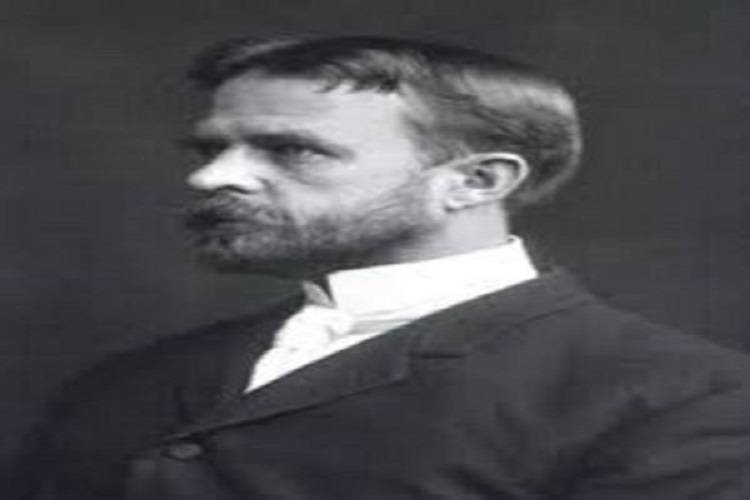Thomas Hunt Morgan: Trailblazer in the Science of Genetics

Thomas Hunt Morgan (25 September 1866 – 4 December 1945) was an American evolutionary biologist, geneticist, and embryologist. In 1933, Thomas Hunt Morgan was awarded the Nobel Prize in Physiology or Medicine.
Life and Career
Thomas Hunt Morgan was born on 25 September 1866, in Lexington, Kentucky, USA. He attended the University of Kentucky and received his Bachelor of Science degree in 1886. He then pursued graduate studies at Johns Hopkins University, where he worked under the guidance of embryologist W. K. Brooks. Morgan earned his Ph.D. in biology in 1890. Thomas Hunt Morgan’s career was marked by significant contributions to the field of genetics. He is often referred to as the “Father of Modern Genetics.”
He conducted pioneering research on the fruit fly Drosophila melanogaster, using it as a model organism to study the principles of heredity. Morgan’s most famous work involved the discovery of sex-linked inheritance, which demonstrated that genes are located on chromosomes and can be linked to specific traits. His research laid the foundation for our understanding of the role of chromosomes in heredity and the mechanisms of genetic recombination.
Morgan held various academic positions, including professorships at Columbia University and the California Institute of Technology (Caltech). Thomas Hunt Morgan passed away on December 4, 1945, in Pasadena, California, USA.
Award and Legacy
In 1933, Thomas Hunt Morgan was awarded the Nobel Prize in Physiology or Medicine for his groundbreaking research on the role of chromosomes in heredity. He specifically received the Nobel Prize for his work on the linkage of genes. Morgan’s research revolutionized the field of genetics and laid the groundwork for modern genetics and genomics. His work on the fruit fly Drosophila, in particular, provided crucial insights into how genes are inherited and the concept of genetic linkage.
Morgan’s experiments demonstrated the physical basis of heredity by showing that genes are located on chromosomes, and the crossing-over of genetic material during meiosis leads to genetic diversity. His contributions to genetics continue to be influential in fields such as evolutionary biology, molecular biology, and the study of genetic diseases.
Observer Voice is the one stop site for National, International news, Sports, Editor’s Choice, Art/culture contents, Quotes and much more. We also cover historical contents. Historical contents includes World History, Indian History, and what happened today. The website also covers Entertainment across the India and World.

